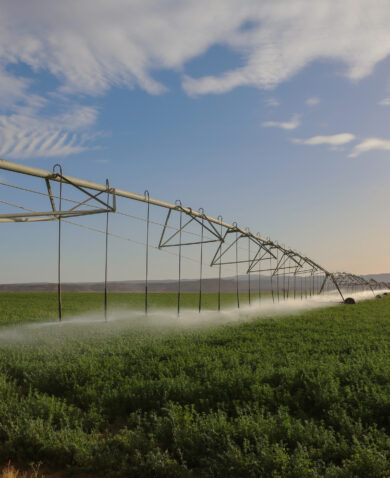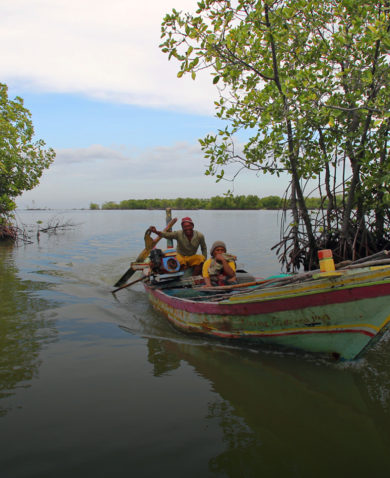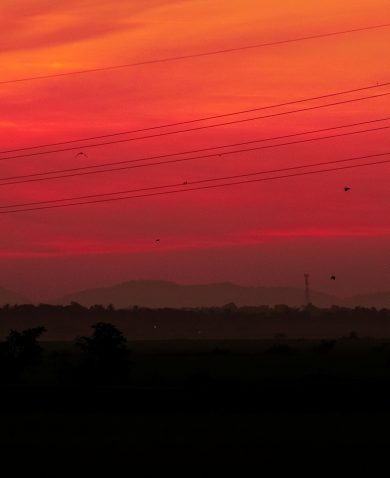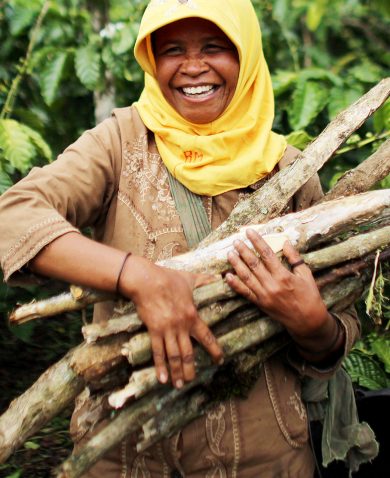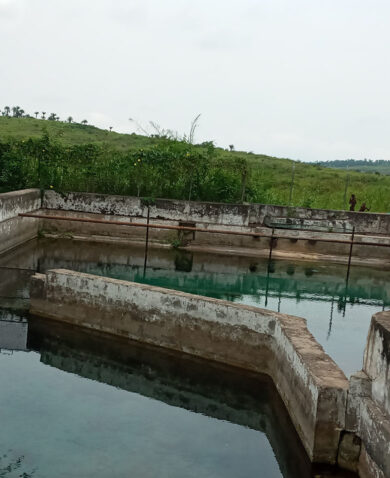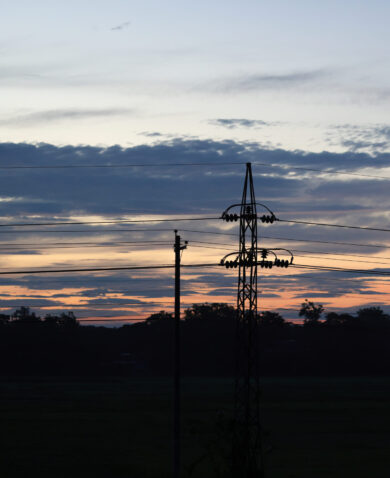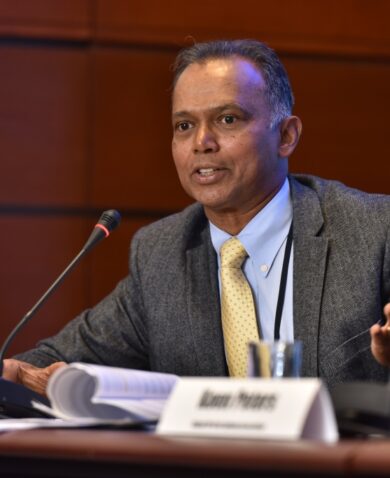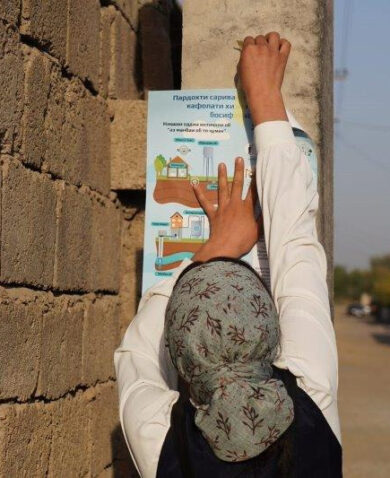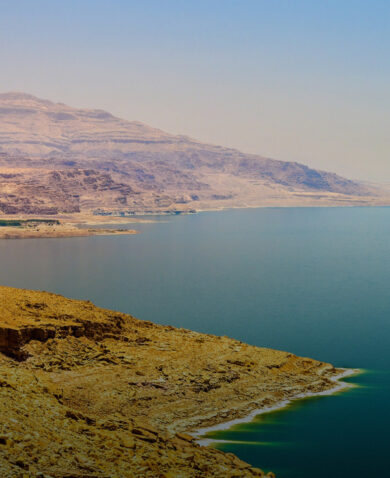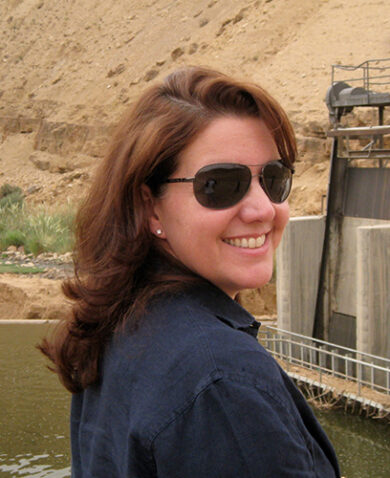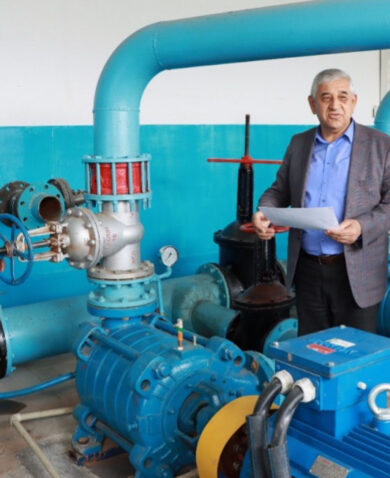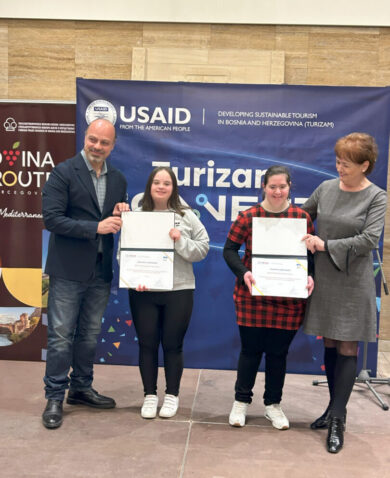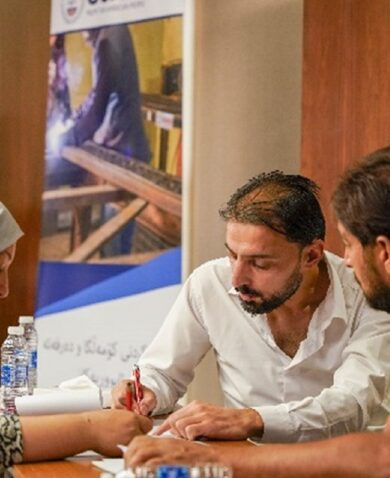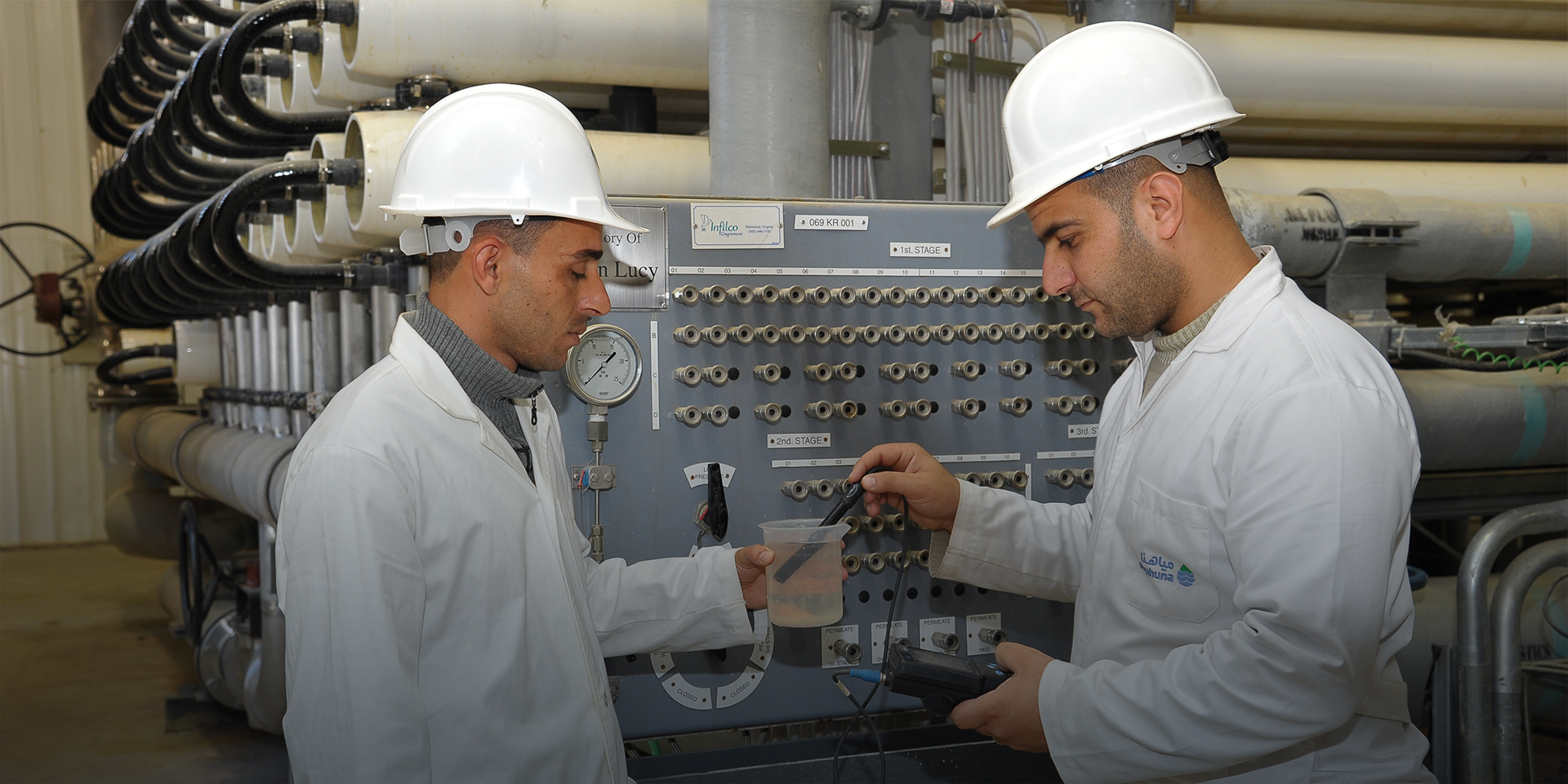
The Potential of Renewable-Powered Water Treatment
November 15, 2017 | 3 Minute ReadWater scarcity poses a threat to public health, food security, and economic prosperity — particularly in the Middle East. Alberto Ramos explores the potential of a sustainable and affordable solution.
Water security is a global problem with political, social, economic, and technological obstacles. Although there are significant challenges, new advances in the use of renewable power to support wastewater treatment open the door to affordable and flexible solutions that can help alleviate water scarcity. Wastewater treatment and reuse is not only critical to improving public health, sanitation, and environmental preservation, but will play a key role in closing the water deficit and strengthening water security by improving resource availability and quality.
The World Bank estimates that by 2030 the world will face a shortfall of 40 percent between forecast demand and available water supply. The impact of this shortfall will not be felt equally around the world; some regions will fare worse than others. The Middle East and north Africa will face a particularly acute challenge. The World Bank estimates that not only does 60 percent of the region’s population currently live in areas with high or very high surface water stress (when the demand for water exceeds the available supply), but also that these areas account for the majority of the region’s GDP generation. Agriculture accounts for a majority of the region’s water consumption. As water levels decrease, the amount of pollution in the water has an increasing impact on water quality, which in turn reduces the agricultural productivity of these regions. Thus, water scarcity directly threatens economic growth and food security.
The need for renewable water processing
Reclaimed or recycled water can be reused to irrigate agricultural fields or replenish surface and groundwater. In many countries, untreated wastewater is already used for irrigation; however, this poses a range of health risks and leads to environmental degradation and the contamination of surface and groundwater sources. Treated water, on the other hand, can reduce the demand for water for irrigation and minimize collateral contamination.
Energy availability and cost is a major limitation on wastewater processing. Harnessing renewable energy addresses the need for sustainable, reliable, and potentially cheaper supplies of energy required to support water and wastewater systems. The use of the waste, or sludge, produced from the treatment of wastewater to generate energy can facilitate the sustainable development of water processing plants that are not as reliant on the electrical grid, lowering operation costs. Renewable energy would also facilitate the development of decentralized power systems in areas where connections to a central grid are not economically viable or feasible due to physical and political barriers.
Providing a range of solutions in the Middle East
Jordan is an exceptional example of a water scarce state. The World Health Organization estimates that Jordan has one of the lowest levels of water resource availability per capita in the world, which has the potential to be exacerbated by climate change and a rapidly growing population – including an influx of Syrian refugees. According to Mercy Corps, the largest threats to the Jordanian water supply are the straining of municipal sewage networks and illegal disposal of effluent.
The As Samra wastewater treatment plant in Jordan, completed in 2008, treats an average flow of 267,000 cubic meters of wastewater per day. More impressively, the plant generates 80 percent of its electricity needs by processing waste, which generates biogas that can then be burned for energy. The remaining 20 percent of the electricity needs are supported by the national grid. This is a particularly important accomplishment, as Jordan imports a majority of its in energy in the form of natural gas from abroad. In 2014, the World Bank estimated that Jordan’s energy imports accounted for 96 percent of its consumption, and shortfalls in imports have led the government to rely on expensive diesel fuel supplies to power the national electricity grid. The As Samra wastewater plant has not only assisted Jordan in moving towards energy independence, but has also provided its growing population with a reliable source of wastewater treatment.
Processing waste for energy generation is one of the clearest examples of using renewable energy for wastewater treatment; however, renewable energy can play other roles in the process. For example, the West Bank suffers from underdeveloped wastewater infrastructure. In 2017, the Israeli Civil Administration, which is responsible for environmental management in the West Bank, estimated that approximately 82.5 percent of sewage was disposed untreated into the environment. Many communities in the West Bank are not connected to central wastewater management networks, and the dumping of unprocessed sewage threatens the groundwater aquifers and surface water sources upon which the territory relies. A decentralized approach to wastewater treatment, facilitated by using solar power to make systems truly off-grid and protected from power cuts during peak energy consumption periods, would provide the West Bank with a sustainable and reliable solution to its wastewater processing needs. This, in turn, would help improve the territory’s water security and help circumvent the barriers to centralized infrastructure development in the West Bank caused by its political relationship with Israel.
As countries invest in renewable energy in response to rising energy demand and prices, it will become increasingly important to leverage these investments in ways that also address the effects of climate change. Using renewable energy to improve wastewater treatment capacities will not only have direct outcomes on improving public health, recycling and reusing waste, and reducing pollution, but will also strengthen countries’ water security and climate resiliency in the face of increasing scarcity.


